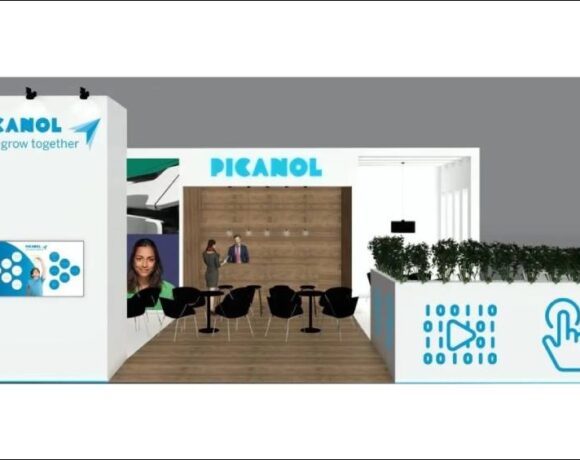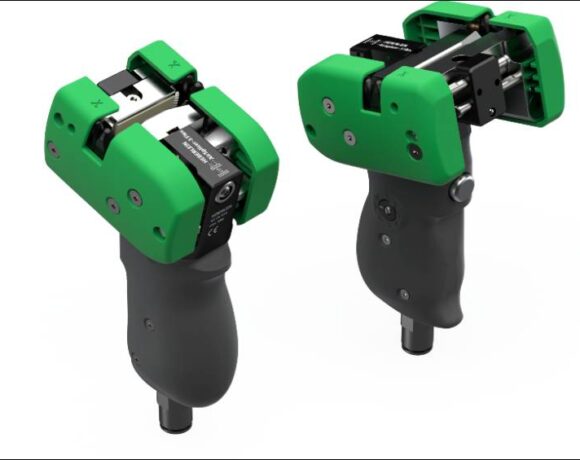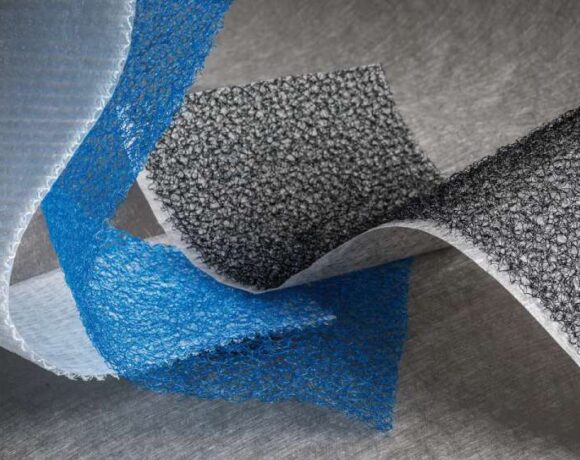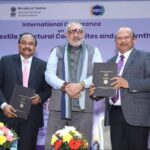Swedish Microfactory For Production Of Fully Finished Filter Bags

Swedish textile machinery manufacturers, ACG Kinna Automatic and ACG Nyström in cooperation with Juki have developed and delivered the first microfactory for the production of fully finished filter bags.
As a fully automated system, it promises to revolutionise the production of woven or nonwoven needlefelt filter bags which is assembled in laborious and time-consuming cut and sew operations.
The microfactory’s configuration is based on two separate interconnecting modules, the Smart Filter Line (SFL) and the Filtermaster 2.0.
The SFL handles the fabric feeding from rolls and its folding prior to seam construction, which can either be by automatic sewing, welding or with sewing and taping, depending on specifications.
“Very rapid changeover of the modular seaming methods can be achieved during product changes,” the Swedish Textile Machinery Association (TMAS) informed in a press release.
The specific size of the now fully-tubular fabric is then precisely cut to size for each individual unit and further folded ready to be fed into the Filtermaster 2.0.
The Filtermaster 2.0 then automatically attaches the reinforcement, bottom and snap rings onto the filter tube with a second Juki sewing head on a robotic arm, to form the fully finished filter bag ready for packaging.
The output is 120 finished filter bags per hour and the entire configuration is guided by precise automatic steering and alignment, with quality control handled by the latest high-definition vision cameras.
“The automation is the real innovation we have achieved with this microfactory, eliminating the need for labour-intensive manual work,” ACG Kinna Automatic CEO Christian Moore said.
Filter bags are employed in a wide range of industrial processes and while they may be largely under the radar as products, they represent a pretty significant percentage of overall technical textiles production.
They are used extensively, for example, in foundries, smelters, incinerators, asphalt plants and energy production plants.
Other key manufacturing fields include the production of timber, textiles, composites, waste handling and minerals, in addition to chemicals, food production, pharmaceuticals, electronics and agriculture.















